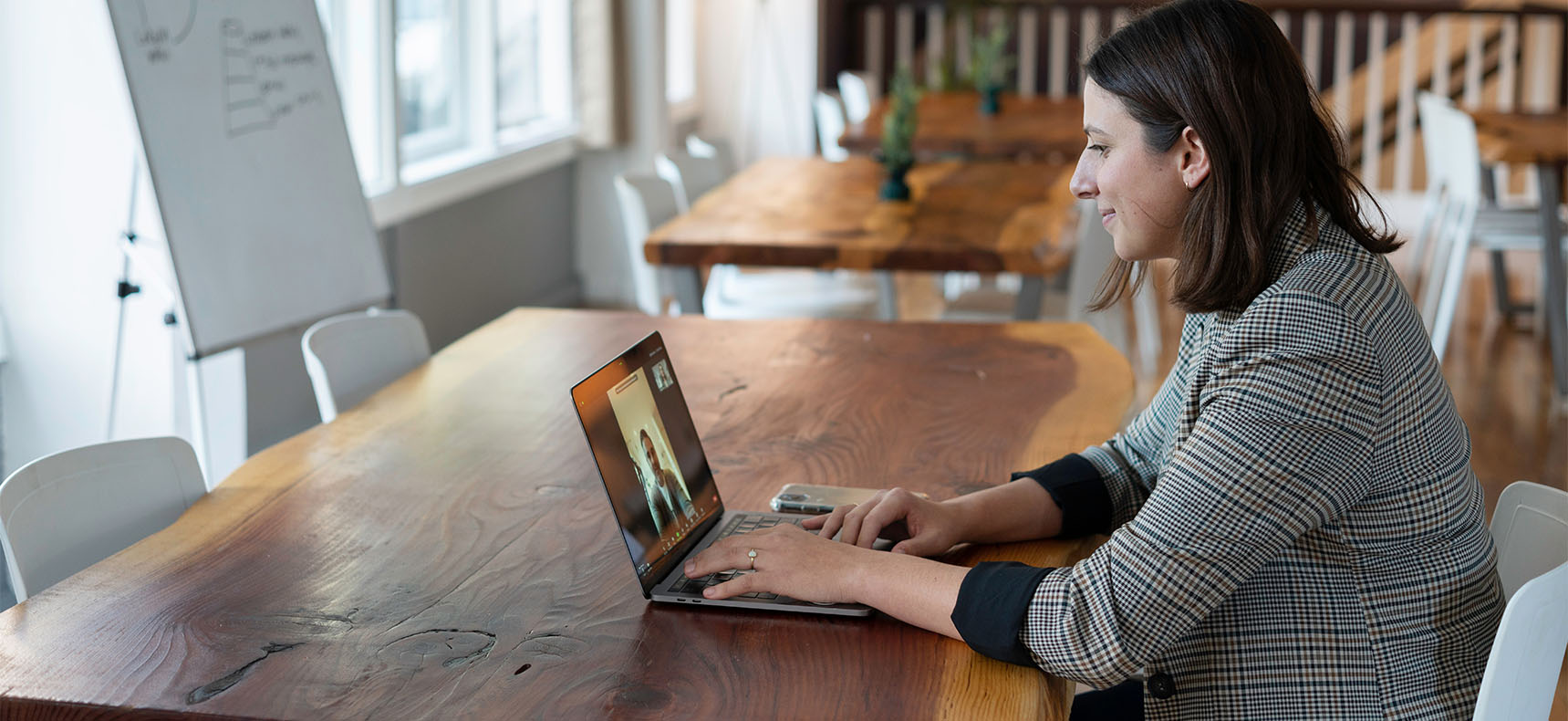
Reconciliation Through Relationships (RTR) is designed to foster friendships between Indigenous and non-Indigenous people. Many non-Indigenous people want to play an active role in the reconciliation process yet don’t know where to begin.
How does one go about identifying and starting a relationship with an Indigenous person? What are appropriate ways to dialogue and learn cross-culturally? Through the RTR initiative, participants receive training from an Indigenous coach on good ways to communicate. They are then paired with a participant from the other cultural background to engage in discussion and relationship-building.
The entire process is Indigenous-led and is guided by carefully chosen facilitators and video learning meant to protect your boundaries and create a safe, positive environment for everyone involved. The expectation is that you come to this space with knowledge of Indigenous issues.
The process is simple. Sign up by filling out this application form. If your application is approved, you’ll be paired with a conversation partner and begin the Reconciliation Through Relationships program.
You may have a strong desire to respond in some way to righting wrongs with Indigenous people. This may mean getting to know a neighbouring local band, reading a book by an Indigenous author, or developing a friendship with an Indigenous person through the RTR learning journey. Building relationships with Indigenous people is an important part of reconciliation. It’s a tangible way to take action in a loving and meaningful way.
RTR creates opportunities to ask questions, learn, and further your awareness of Indigenous cultures in Canada. You can participate in a reciprocal process of sharing stories and ways of life across cultural backgrounds. Expect some conversations to be fun and light, such as comparing favourite foods or music. Other conversations will be deep and hard, discussing trauma and injustices, or reflecting on how we can move forward together in seeking reconciliation.
Participating in RTR helps you move from having head knowledge about reconciliation to forming friendships that inform and transform your daily life and your approach to being a non-Indigenous ally. As an additional bonus, during the program you will receive a free six-month subscription to APTN lumi (Aboriginal Peoples Television Network).
Applicants are carefully vetted through a detailed questionnaire. The questionnaire identifies candidates who are curious, genuine about forming relationships, and who have done prior work in both personal healing and learning about Indigenous issues. It also identifies factors such as sharing the same gender, faith background, interests, location, etc., and uses these details to determine the best match for you and your Indigenous conversation partner.
This process is about forming cross-cultural friendships; it’s not all about heavy conversations, but we also realize that some of the topics participants discuss together can stir up difficult emotions. If you are engaged in counselling, healing, or self-care work related to trauma or mental health needs, RTR may not be the best space for you at this time.
If you engage with the learning resources on this site, the amount of time you spend could vary from a few hours to a few weeks of study and self-reflection. For the facilitated RTR initiative, the minimum time commitment is six one-hour meetings over four months (three meetings with the other pairs, and three meetings with the person you are paired with). These meetings are scheduled based on the availability of the individual pairs. These meetings can be online or in person, depending on the locations and preferences of each pair.
You will also watch five short videos where previous participants reflect on their learnings and go through a resource on Indigenous history in Canada at your own pace during the program. You and your conversation partner can choose between watching a series or film (such as First Contact by Aboriginal Peoples Television Network) or reading Indigenous Writes: A Guide to First Nations, Métis, & Inuit Issues in Canada by Chelsea Vowel.
If you wish to continue your learning journey about Indigenous peoples in Canada, visit our learning community page. You can sign up here to begin forming your own transformative relationships through RTR.
This video gives you a glimpse into the relationships formed between two participants in RTR’s pilot project, Andrew Russell and Matthew Demitroff. To learn more about how to engage in these kinds of cross-culture relationships, jump to the end of the video (13:16 timestamp) to hear Ji-gaabiikwe (Diane Campeau) from iEmergence describe eight guiding principles.
TO LEARN MORE about JOINING RTR email us at